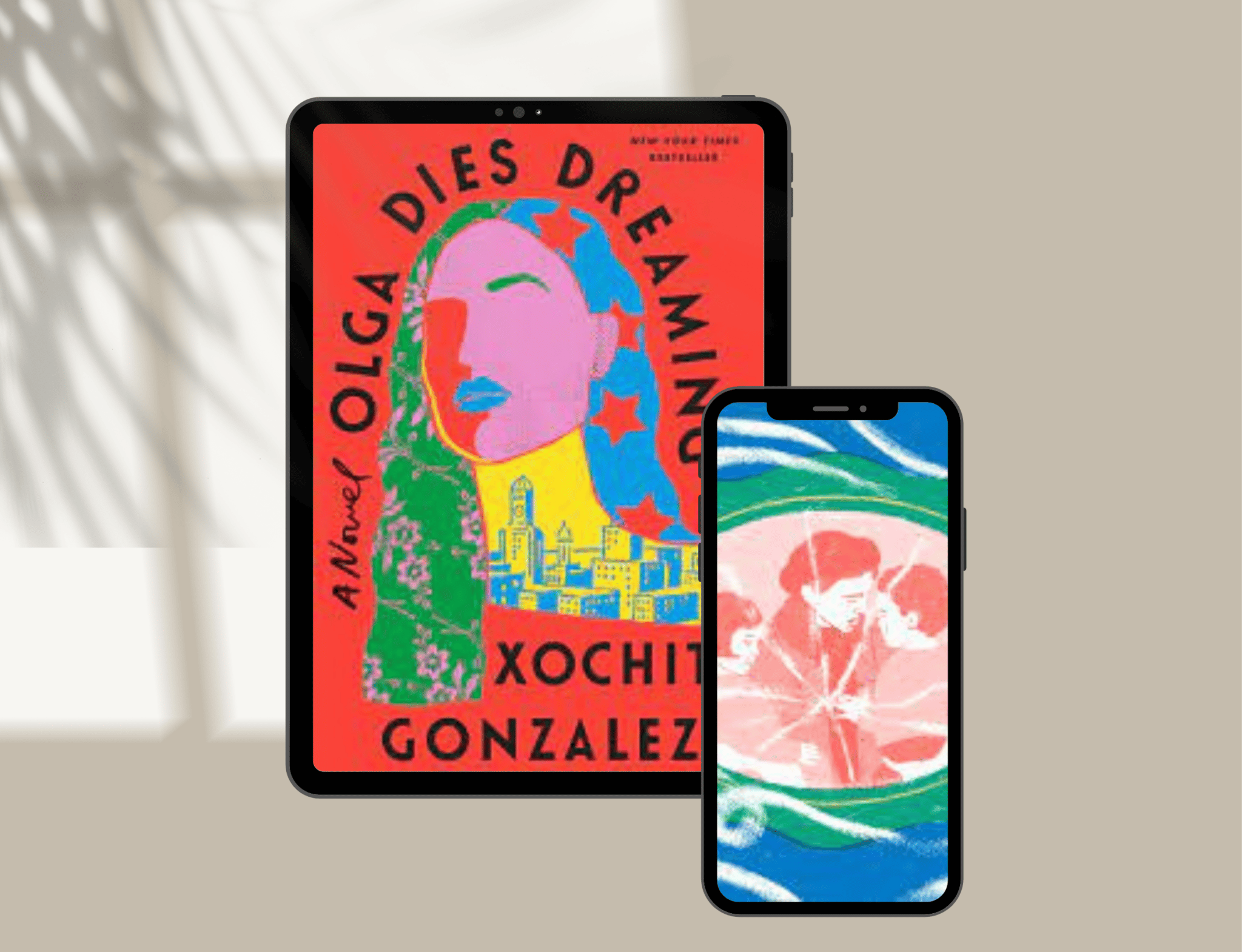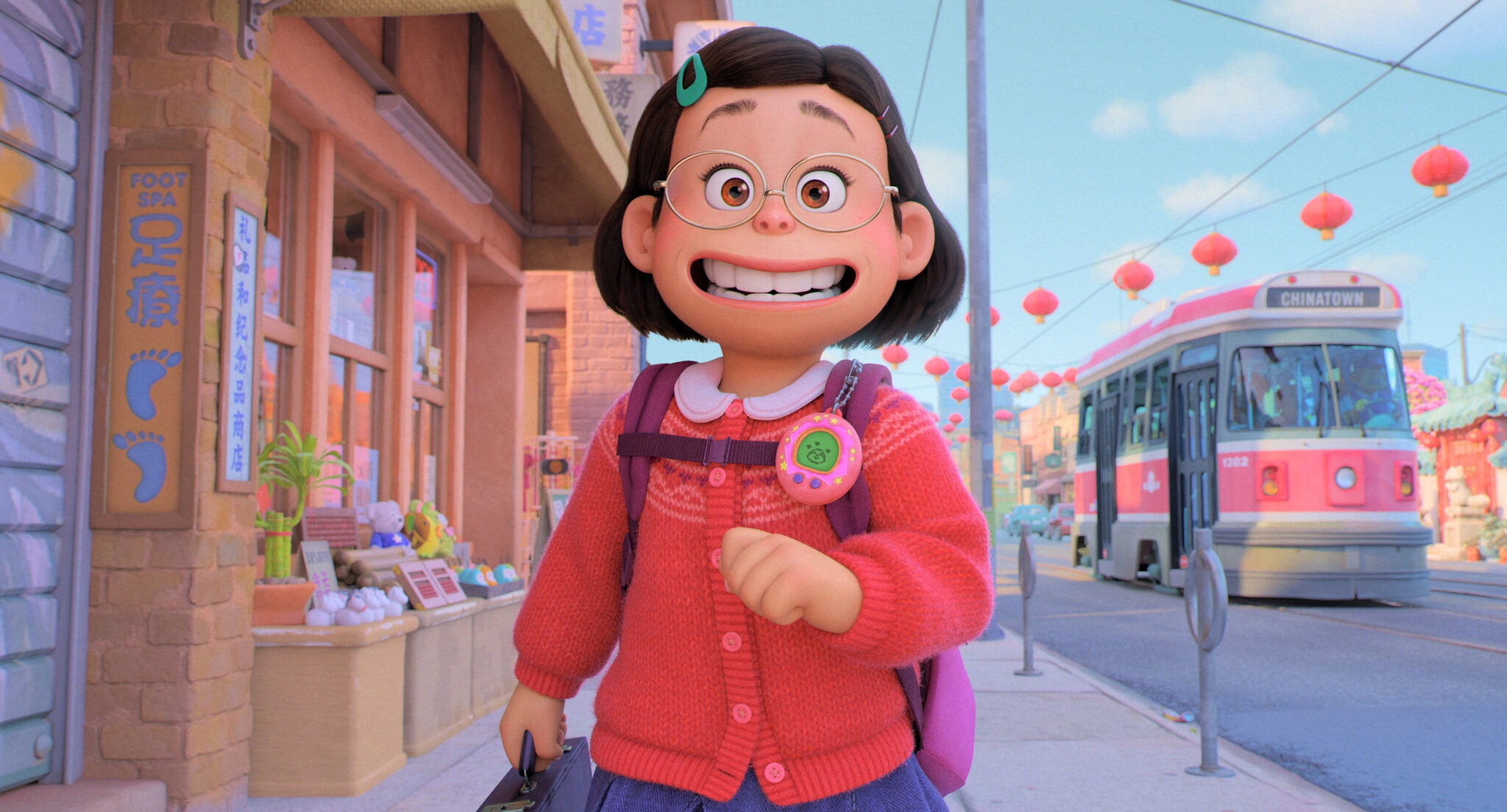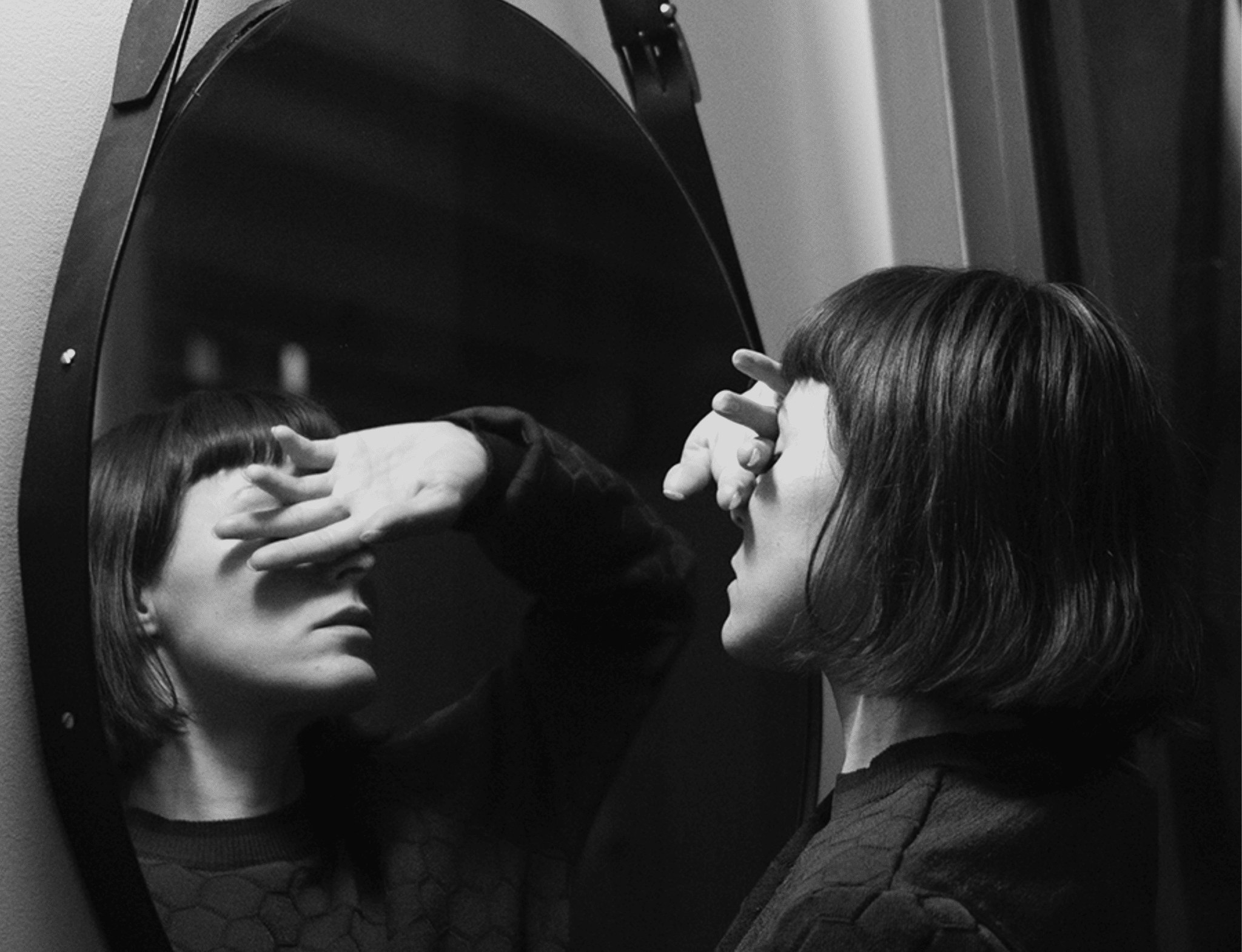*Mild spoilers ahead*
“Olga/ dies dreaming of a five-dollar raise…” is a line from Pedro Pietri’s poem, Puerto Rican Obituary, and is the inspiration for Xochitl Gonzalez’s bestseller, Olga Dies Dreaming. The book follows Olga and Prieto, Brooklynites of Puerto-Rican descent as they try to understand who they are, what liberation means, and engage in the seamier aspects of the American Dream.
All this takes place under the stern watchful eye of their mother, Blanca, a revolutionary who disappeared into an underground life, fueled by an unshakeable belief system and willingness to sacrifice it all.
When we meet Olga Acevedo, she is a wedding planner to the ultra-rich. In some ways, she is the bootstrappiest of them all — a young woman of color, who has pulled herself up through the public school system and achieved pillars of wealth, success, and even that final frontier of the American Dream — her own reality television show. Her brother Prieto is a congressperson and closeted gay man who appears to be on a progressive ticket representing Puerto Rican interests. The reality is, despite all his idealistic intentions, Prieto is a puppet for not-progressive corporate agendas, which are in direct opposition to any form of liberation.
The story jumps between timelines — giving us insight into Prieto and Olga’s rich family life (despite their absentee mother and heroin-addicted father, they have strong ties to their extended family), their cultural upbringing, and struggle with identity. As a minority, I could relate to the familiar feeling of love for the country you’re born in (in this case America), that’s in direct tension with the primal desire for decolonization.
Prieto and Olga’s mother, Blanca serves as the foil to any notions of comfort the siblings may have — through letters that serve as exposition, she explains the history and colonization of Puerto-Rico, and her expectations of her children, expressed in equal parts love and disdain. Her constant reminders that no matter how much money, fame or status Olga and Prieto acquire, they will never be seen as equal in American society, keeps both siblings in a constant cycle to prove her wrong.
Olga and Prieto themselves, despite having achieved all that they have, cannot rid themselves of the notion that there might be truth to Blanca’s beliefs. In a telling scene at an uber elite Hamptons party, we see Olga and Prieto as tokens of diversity for rich, white liberals. The party is full of ultra-wealthy people, ready to publicly donate to Prieto’s campaigns while privately shaping policies that undercut his mission by any means necessary.
Olga attends the party with her lover Dick, the father of a girl Olga barely has any respect for (her inner monologues about her clients are a window into the vacuousness and stupidity she sees them living in.) Dick is a Libertarian whose only goal in life is for his narrow, exclusive circle and ex-wife to see him with a hot woman on his arm. Dick’s life revolves around proving his worth with his net-worth and attempting to buy the affection of anyone and everyone — his own children and Olga included. His self-absorption and navel-gazing prevent him from seeing Olga as a whole, complicated, and layered person. He can’t seem to comprehend why a woman like her shouldn’t be madly in love with him. When Olga disrupts his fantasy of her as his sexy, trophy girlfriend to problem-solve and organize a clean-up of a spilled tray of drinks at the party, Dick compares her to a maid. His waspy sensibilities can’t look past the racist filter through which he sees Olga and by extension anyone like her. His opinion of Prieto is similar. He is disconcerted by Prieto’s urban speaking style when talking to some of his constituents. In Dick’s mind, only polished, upper-class diction is acceptable, illustrating the heavy white-coding that politicians and leaders of color often adopt to be respected.
The complex push-pull of identity is experienced by both Acevedo siblings throughout the book. Blanca’s letters serve as a great narrative thread, connecting Prieto and Olga to their internal struggle. When hurricanes Irma and Maria hit Puerto Rico we see Olga and Prieto fight for the U.S. government to demonstrate that it cares about the fate of Black and Brown people in America. Both Olga and Prieto carry secrets and are driven by the desire for love and acceptance from their mother. Yet, it is her abandonment and manipulation of them, far more than her idealistic guidance from afar that shapes who they become.
Olga Dies Dreaming is a beautiful story about love, familial ties, identity, and liberation, all set against the backdrop of a changing and gentrifying Brooklyn. I’ve often found myself gravitating towards books with female revolutionaries (especially when their presence is felt from a distance, instead of directly on the page.). In Olga Dies Dreaming, Blanca underpins the story and serves as social commentary on the cost of liberation and the vapid aspects of modern American culture — the obsession with wealth and the ultimate emptiness of existence within the hollow, snow globe that is the American Dream.
I loved this story and Olga and Prieto as characters. I feel like this is a book I will keep coming back to. There is so much meat on the bone here, it’s nearly impossible to get it all in a single read. Unique in perspective, yet universal in its characters’ core desires for love, acceptance, and freedom, Olga Dies Dreaming is the liberation story we need. Exquisitely told, it’s a reminder of the near-impossible task of decolonization and liberation ahead of us.






